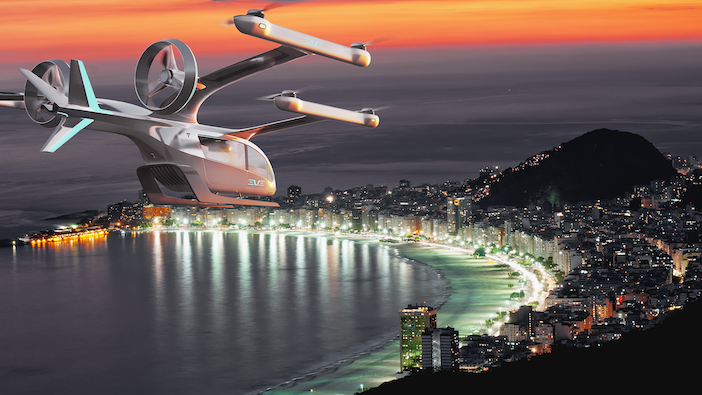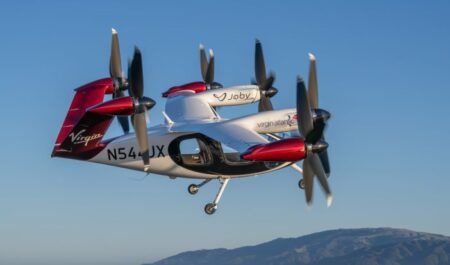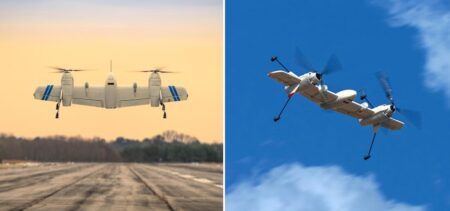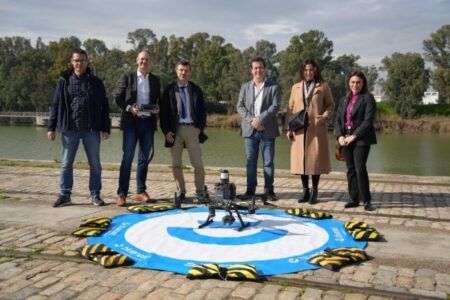Brazilian aircraft manufacturer Embraer is partnering with several companies to help it develop autonomous systems for use in its future aircraft, including its Eve eVTOL aircraft.
The agreements, which are part of Project EASy (Embraer Autonomous System), include R&D work with USA-based Near Earth Autonomy, which is a spin-out from Carnegie Mellon University, camera-based detect and avoid system developer Iris Automation, simulation software company Ansys, as well as Switzerland’s AI developer Daedalean and Brazilian’s Motora.ai.
The companies will work together in an open innovation approach to develop and evaluate several new autonomous flight technologies, both in simulation and real flight conditions.
Maurilio Albanese Novaes Junior, head of research and technology at Eve said, “We have been working intensely to co-create the aviation of the future in a broader collaboration with key technological partners.
“We are glad to now have Near Earth Autonomy, Iris Automation and Daedalean contributing with their unique knowledge and experience in autonomous flight, as well as Ansys with its physics-based sensor simulation and expertise, along with Motora.ai which brings agile and flexible software integration to add value to our development project.”
This joint work will allow Embraer to develop innovative new products in line with the company’s continuous search for an efficient and sustainable future, such as the eVTOL by Eve, Embraer’s Urban Air Mobility company.
Eve was spun out of the EmbraerX incubator in October 2020 to further develop its eVTOL aircraft as a subsidiary of the Brazilian-aircraft manufacturer. The four-passenger Eve is said to have a planned 60 mile (100km) range with Embraer claiming it will be 80% quieter than current helicopters.
Related Stories
BAE Systems and Embraer to explore potential defence variants for the Eve eVTOL aircraft
Embraer pauses E175-E2 jet development
Embraer and Netherlands Aerospace Research Agency link up for R&D





